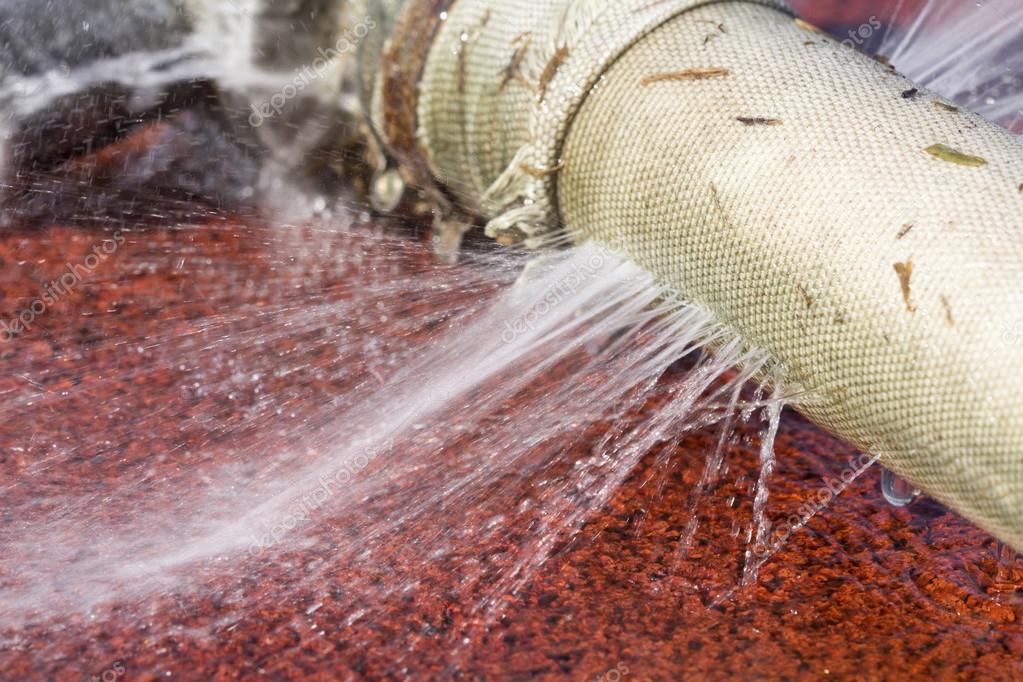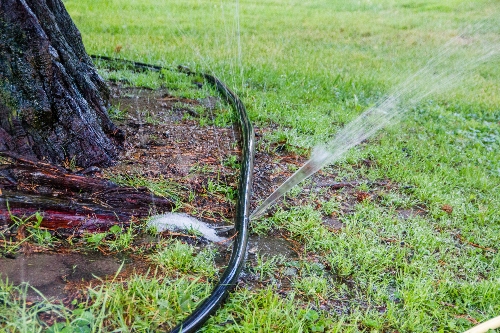5 Frequent Origins of Water Leaks
5 Frequent Origins of Water Leaks
Blog Article
In this article down the page yow will discover additional amazing resources about How to Find and Prevent Water Leaks in Your Home.

"Be cautious of little expenses. A little leak will certainly sink a wonderful ship." - Benjamin Franklin.
He could not have been extra appropriate due to the fact that water leakages in our homes cause a waste of resources, boosting our water costs. This increase could appear negligible at first, it can lead to substantial expenditures that can damage your financial institution. In addition to an increase in expenses, water leaks likewise trigger undesirable natural development, structural damages, and also also electrical risks.
Finding out if you have a water leak isn't always easy due to being incapable to see the majority of the pipework in your house. However, If you have had an increase in your water costs lately, discovered water spots on walls as well as ceilings, smelt lousy smell, and so on. You could intend to think about requesting plumbing services to get it checked out.
There are several sources of water leaks, and we have compiled the common factors below. Inspect to see if you have had related problems in your home recently.
Obstructed drains
Food particles, dirt, and oil can trigger stopped up drains and also block the passage of water in and out of your sink. Raised stress within the rain gutters can end and also cause an overflow up breaking or bursting pipelines if undealt with. To avoid blocked drains pipes in your home, we recommend you to stay clear of pouring fragments down the drain and regular cleaning of sinks.
High water stress
You observed your residence water pressure is higher than usual but then, why should you care? It runs out your control.
It would be best if you cared due to the fact that your average water pressure ought to be 60 Psi (per square inch) as well as although your residence's plumbing system is designed to withstand 80 Psi. A rise in water stress can place a strain on your house pipes as well as cause cracks, or worse, ruptured pipes. If you ever before see that your home water pressure is greater than typical, connect with a professional about controling it.
Corrosion
As your pipework gets older, it gets weak and also a lot more prone to rust after the frequent flow of water through them, which can eat away at pipelines and cause splits. A visible sign of deterioration in your home plumbing system is staining and also although this may be difficult to detect as a result of most pipes hidden away. We encourage doing a constant examination every few years and also transform pipes once they are old to ensure an audio plumbing system
Deteriorated pipe joints
Pipe joints are the components of our plumbing system where the pipelines attach. It is necessary to note that also though pipes are designed to withstand pressure as well as last for a while, they weren't made to last forever; therefore, they would wear away over time. A common indication of damaged pipe joints is extreme sound from taps.
Damaged seals
Another root cause of water leakages in houses is damaged seals of house devices that utilize water, e.g., a dishwasher. When such home appliances are set up, seals are set up around water connectors for easy flow of water via the device. A broken seal can trigger leakage of water when in usage.
With little or no expertise of plumbing, understanding your residence's plumbing system adequate to fix some of these concerns (without repercussion) can be a problem. Get in touch with plumbing specialists in Pittsburgh, Providence, Rochester, as well as environ today, and they'll make those concerns disappear.
He couldn't have been extra appropriate since water leaks in our homes result in a waste of resources, increasing our water bills. If you have had an increase in your water bills recently, saw water discolorations on ceilings and wall surfaces, scented lousy smell, and so on. A boost in water stress can place a pressure on your home pipelines and lead to splits, or even worse, ruptured pipes. An additional reason of water leakages in homes is broken seals of house appliances that utilize water, e.g., a dishwasher. When such appliances are set up, seals are set up around water adapters for very easy flow of water with the maker.
5 TIPS IN DETECTING A WATER LEAK IN YOUR HOUSE
Water leaks can be hard to find in your home, yet they can be so common. We rely on water every day in our home, which is why a leak can cause big problems. By detecting them early, you can save money and further damage, getting the problem fixed as soon as possible. Here are 5 tips to help you detect a water leak in your home, so you can contact a plumber straight away and get the issue sorted.
Check your water meter
Many people underestimate the value of the water meter in their home. It can be one of the best ways to tell if you have a leak early on, so you can get on top of it before issues start arising. Start by turning off all the water in your home: taps, washing machine, dishwasher, etc. Now take a look at the meter – if it’s still changing with everything turned off, it’s likely you have a fast-flowing leak that you need to get on top of straight away. If nothing changes, then leave your meter for an hour or two and come back to it. Did it change in this time? It’s likely you have a slower leak, which isn’t as urgent but still handy to get fixed so it doesn’t become a bigger problem.
Keep an eye on your bill
Another good way to detect a leak in your home is by keeping an eye on your water bill. It helps if you have a past bill from the same period of time. You can compare like for like and determine whether your water usage has increased significantly. If it has, there may be a leak in your system that you haven’t picked up before. A professional plumber can check through all of your pipes and determine where it is coming from.
Look for damage
If you have a leak inside your home, you will notice damage over time. Take a look at your showers and bathtubs and note whether any of the tiles surrounding the area seem to be discoloured or damaged in any way. There may be water stains, mould or peeling material that has resulted from a build up of moisture over time. Make sure you take a look under sinks at the back of cupboards that don’t get accessed regularly. This is where damage can go unnoticed and build up over periods of time.

Do you enjoy reading about Where to Find Water Leaks? Place a comment below. We will be glad to hear your feelings about this posting. In hopes that you visit us again in the near future. Enjoyed reading our post? Please share it. Let another person discover it. Thanks a lot for your time. Come back soon.
Secure fix? Ring! Report this page